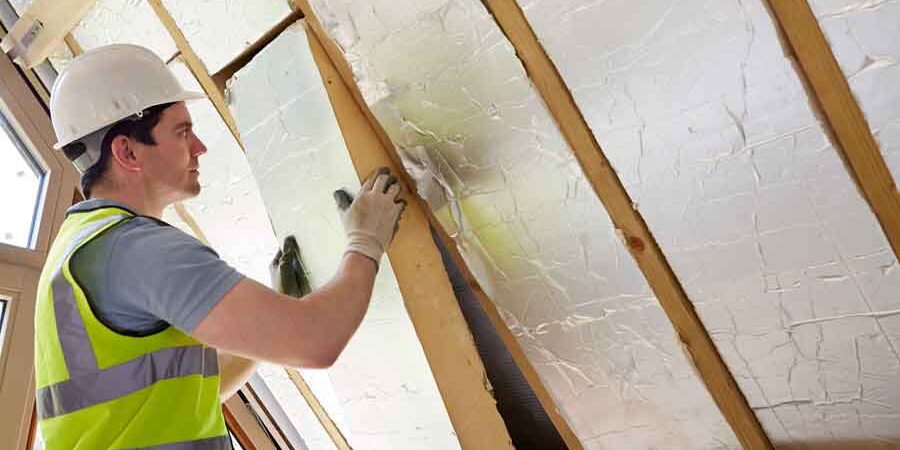You’d think that all new houses are built to specifications that prevent energy loss — but Americans aren’t there yet. When you’ve finally made your decision to buy a new house, whether you’re an environmentalist or not, the desire for lower heating costs may have influenced your decision. A newly constructed house, after all, is likely more energy efficient than one of the cute or stately older homes on the market. Right?
The sad truth is that your brand new house may not be as energy-efficient as you think. And to lower heating costs in a new house, you may need expert help. But by taking some small measures, you can save money (and heat) by making a few simple changes, regardless of the age of your new property:
- Seal up all the cracks.
- Get thermal windows and doors installed.
- Check the insulation in the attic.
Tips to Lower Heating Costs
Some steps to lower heating costs in an older house work just as well in your new home. But the first thing you need to do is inspect your domicile thoroughly. Even in a new house, carefully check to see if there are any cracks or gaps around windows, doors, chimneys, electrical outlets and cuts for pipes that come from the outside to the inside. If you discover any cracks or gaps, seal them. Your trusted hardware store customer service representative can help you pick the best product.
Hopefully, you’ve chosen all energy efficient appliances. Stick to your commitment to energy efficiency by finding ways to make them work even better for you, such as:
- Keep water temperature at 120 degrees Fahrenheit. Water at this temperature kills germs, sterilizes dishes and gets you and your cloths clean.
- Set your furnace thermostat at 68 degrees during the day and 63 at night and when you’re away. You’ll save energy and lower heating costs by five to 10 percent just by lowering your thermostat at bedtime and when you leave the house.
- Make use of ceiling fans to keep the air moving in the summer and winter. It actually lowers your heating costs by 15 percent. Set your ceiling fans to turn clockwise at the lowest speed. This setting heats the whole room more evenly.
Innovations Make a Difference
Windows can be a huge source of energy loss. You can stop this loss of precious energy by covering them with a high-quality clear film. Another little-known energy-savings tip: lock your windows. Notice how the windows get a little tighter when you lock them? This simple act keeps your family safe and lowers heating costs.
New houses aren’t built to run on solar or wind energy yet, even though renewable energy holds the key to a sustainable future. But tapping into renewable energy is not only practical and possible, it’s also the responsible thing to do. When you lower heating costs, you’re conserving and respecting energy. It’s a win-win, both for you and the planet. Lowering heating costs saves you hard-earned money while reducing your carbon footprint.







